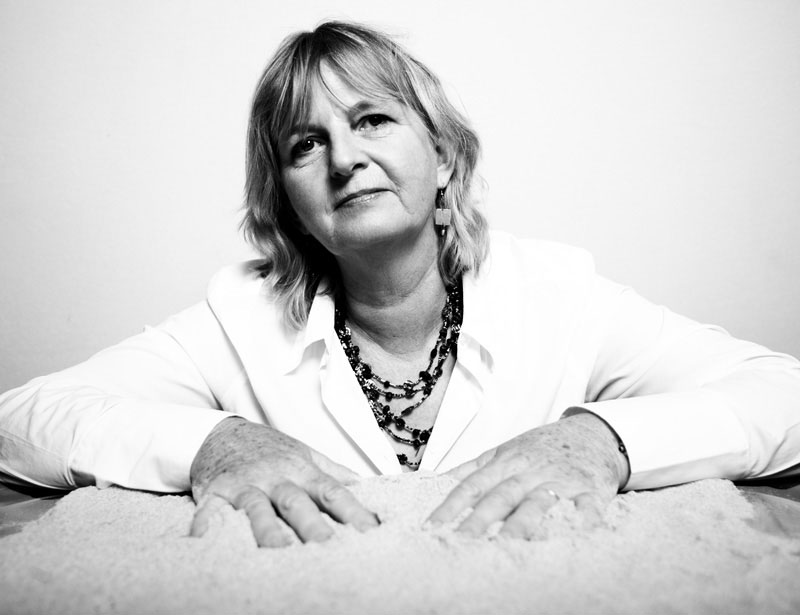Professor Julia Horrocks
PROFESSOR OF CONSERVATION ECOLOGY
DEPARTMENT OF BIOLOGICAL AND CHEMICAL SCIENCES
FACULTY OF PURE AND APPLIED SCIENCES
CAVE HILL CAMPUS, BARBADOS
Tel: (246) 417-4320 • Email: jhorrocks@uwichill.edu.bb
PROFILE
Professor Julia Horrocks is the Director of the Barbados Sea Turtle Project and Coordinator of the WIDECAST Marine Turtle Tagging Centre which provides training in tagging technologies and archives data for over 20 sea turtle projects in the Caribbean region. She is a member of International Union for Conservation of Nature Marine Turtle Specialist Group (IUCN-MTGS) and sits on the Scientific Committee of the Inter-American Convention for the Protection and Conservation of Sea Turtles (IAC). She is also Chair of the Convention on International Trade in Endangered Species (CITES) Scientific Authority and the Biodiversity Committees in Barbados, and a member of the Sub-Regional Steering Committee for Global Environment Facility (GEF) Small Grants Projects in the Eastern Caribbean. She has been a consultant, reviewer or steering committee member for many national, regional and international projects, including the Barbados National Biodiversity Strategy and Action Plan, the Barbados Gully Ecosystem Study, the Marine Mammal Action Plan for the Wider Caribbean region, and the US Government’s five-year status review of the hawksbill turtle. She has been a representative of the Government of Barbados at numerous international meetings and has authored dozens of peer-reviewed scientific articles, management and technical reports, and popular articles. She was honoured with the Governor General’s Environmental Award in 2001 for her work in conservation of biodiversity, especially sea turtles, and was awarded with the internationally prestigious Pew Marine Conservation Fellowship in 2004 to further her sea turtle research and conservation work in the Eastern Caribbean.
RESEARCH INTERESTS
Professor Horrock’s early research focused on the acquisition and maintenance of rank within the matrilineal dominance hierarchy that characterises green monkeys (Cercocebus sabaeus). This work was published in top behavioural ecology journals including American Naturalist and Animal Behaviour. Her interest in foraging behaviour led into more applied research areas investigating methods to control monkey crop damage. Her current sea turtle research, and those of her graduate students, includes investigations of the stock structure, population ecology, nesting and migratory behaviour of hawksbills and green turtles in the Eastern Caribbean; and mitigation of the effects of coastal development on nesting behaviour, nest success and hatchling fitness. She has a general interest in Caribbean biodiversity conservation and recently co-authored a book on the spiders of St. Vincent and the Grenadines.
